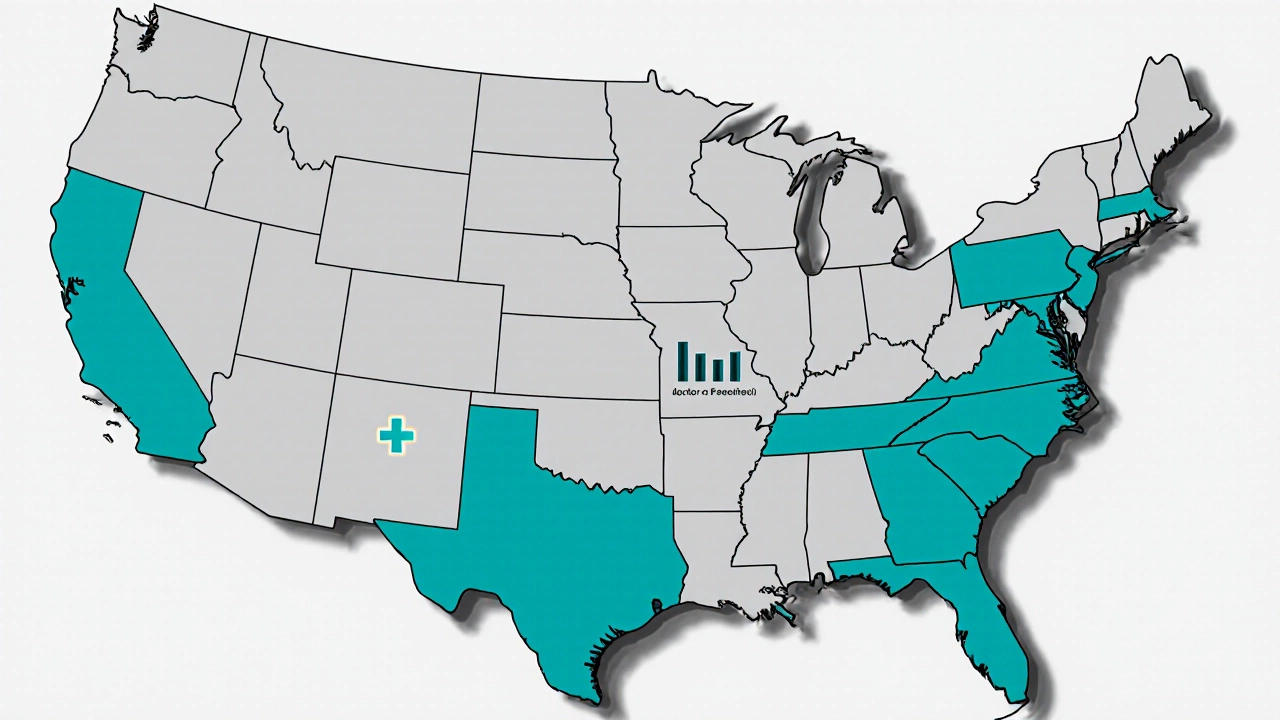Healthcare Quality: What It Means and How to Spot It
When you walk into a clinic or pick up medicine, you want to be sure you’re getting safe, effective care. That’s what we call healthcare quality – the mix of safety, effectiveness, patient experience, and value. It isn’t a fancy buzzword; it’s the everyday promise that treatments work, side effects are managed, and you leave feeling better.
Key Elements of Quality Care
First, safety. Any therapy, from an Ayurvedic massage to an orthopedic surgery, must avoid preventable harm. Look for clear explanations of risks, like the pain levels after a knee replacement or the side effects of a chemotherapy drug. Second, effectiveness. The treatment should actually improve your condition – whether that’s a herbal supplement that truly supports liver health or a diabetes medicine that lowers blood sugar as promised.
Third, patient experience. Good care means you’re listened to, your questions are answered, and you know what to expect. For example, a plain‑English guide on what happens at your first orthopedic appointment can reduce anxiety and help you prepare. Finally, value. High pharmacy prices, like those at CVS, can be a red flag. If you’re paying more without clear benefit, it’s worth asking for cheaper alternatives or generics.
Practical Ways to Ensure Good Care
Start by asking the right questions. “What are the main risks?” and “How will we measure success?” work for any treatment, from a cancer therapy to an IVF cycle. Check if the provider shares evidence – research from 2025 on arthritis painkillers or the latest guidelines on diabetes medicines can give you confidence.
Second, compare options. When choosing a herbal supplement company, look for third‑party testing and clear ingredient lists. Our guide on the best herbal supplement companies in 2025 breaks down exactly what to look for, so you don’t fall for hype.
Third, keep an eye on costs. If a pharmacy’s price feels too high, ask why. Mark‑ups, brand names, and insurance gaps often drive the price. Understanding these factors can help you negotiate or find cheaper sources.
Finally, stay informed. Topics like the most painful surgeries, the deadliest cancers, or how long Ayurveda takes to work evolve quickly. Regularly reading updated articles keeps you ahead of potential issues and helps you make smarter health decisions.
Remember, quality isn’t a one‑time checklist; it’s an ongoing conversation with your healthcare team. By staying curious, asking clear questions, and checking the evidence, you turn a risky medical world into a safer, more effective place for yourself and your loved ones.

Which US State Has the Best Doctors for Medical Tourism?
Explore which US state offers the best doctors for medical tourism, based on doctor‑to‑patient ratios, hospital accreditation, specialty strengths and cost, plus a practical checklist.

Which State Ranks #1 for Healthcare in the US? Breaking Down America's Best Health Systems
Curious about the top state for healthcare in America? Discover detailed stats, real reasons behind the leader, and tips to benefit—no matter where you live.




